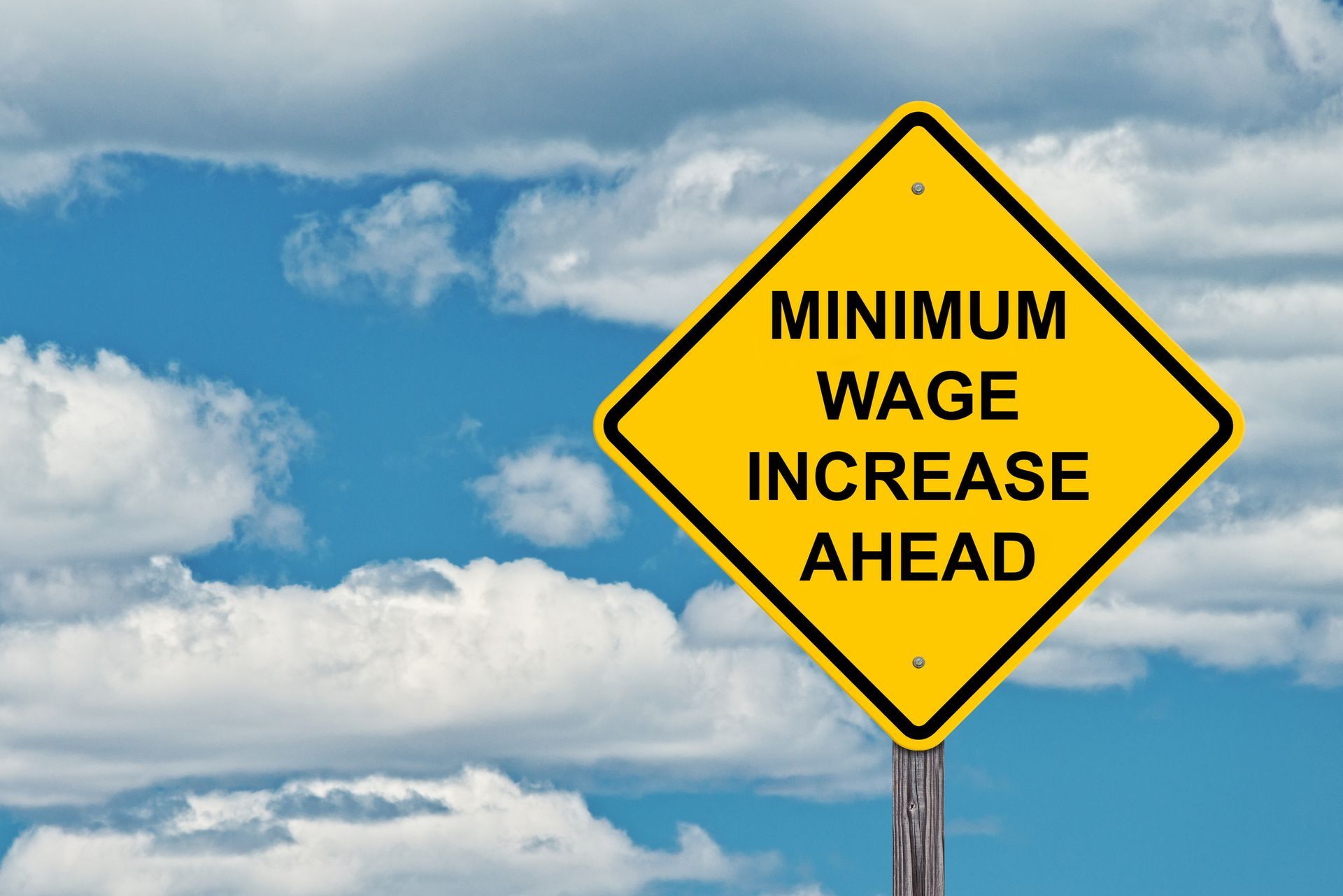I am claiming compensation, will I need to go to court?
James Watt, Senior Associate • September 17, 2021
A common question which is asked is whether someone will need to go to court, and stand in front of a judge, in order to claim compensation.
Surprisingly, the answer is usually “no”. Let’s see how this applies to different types of claims.
Motor Vehicle Accidents & Workers Compensation
Almost no motor accident or workers compensation cases go before the Court. This is because the system uses a type of tribunal called the “Personal Injury Commission” to determine all disputes. The Personal Injury Commission is less formal and more flexible than the typical Court process and prioritises efficient and cheap resolutions of claims.
In these cases, lawyers will work hard to prepare applications which puts forward your case. They will often prepare written arguments and provide the Personal Injury Commission with all available evidence in support of your case.
Once this occurs, the insurer will do the same, and they provide a different application called a “reply”. They will also provide any written arguments and evidence to dispute the case.
At this stage both you and the insurer will have all documents submitted.
The Personal Injury Commission will appoint a “member” (who is usually an experienced independent lawyer or barrister) to make a final and binding decision about the case.
In cases requiring a medical assessment, the Personal Injury Commission will appoint an independent doctor (also called a “member”) to produce a report with their findings.
The final decisions made by the members will usually bring the case to an end.
There are avenues for appeal, and in some very limited circumstances an appeal may go before a superior court. Otherwise, there will generally be no mention of court in these cases.
Dust Diseases
The process specifically applicable to dust diseases is unique. It is designed to put an insurer “on notice” of a claim, and to provide all documents within a relatively short timeframe.
Once preparations are complete, the case is filed in the Dust Disease Tribunal.
The Tribunal is then responsible for overseeing the case.
Generally, the parties will come together for a mediation, and if this fails, then a hearing will take place in the Tribunal.
Given the time sensitivity of these cases, a dust disease case can be expedited to hearing if the person claiming compensation has a very poor prognosis.
Other Claims (Medical Negligence, Slips and Falls, Product Liability and more)
In most other claims involving “suing” or “negligence”, the process is such that both the injured person will obtain their evidence. If there case has a reasonable chance of succeeding, then court documents can be lodged.
Once lodged, the insurer will begin to prepare to defend the case. This will involve the need for them to obtain evidence.
Once all evidence is obtained, then it will generally be time to try and hold settlement negotiations with an insurer (called a “defendant” by this stage).
If the case cannot resolve through settlement negotiations, then the case will generally be listed for a hearing. This is often referred to as a “trial”. It is at this hearing that a judge will listen to all evidence, and an injured person seeking compensation may need to provide verbal evidence in the witness box.
Once all of the evidence is heard, a judge will make a final decision and issue a “judgment”.
Subject to any avenue for appeal, that decision will be final.
Notwithstanding that hearing process, the vast majority of cases resolve before a hearing. If that occurs, then there will be no need for an injured person to ever set foot in a court room.
At Kells we can provide you with tailored expert advice as to compensation claims and processes. If you have suffered an injury and think you might be entitled to compensation, please contact us. We can provide our legal services on a “no win, no fee” arrangement.
Photo 43266716 © Tom Wang | Dreamstime.com

Kells has been delivering outstanding services and legal expertise to commercial and personal clients in Sydney and the Illawarra region for more than five decades. Our lawyers are savvy and understand your needs.
Subscribe
Want to get the latest articles and news delivered to your inbox?




